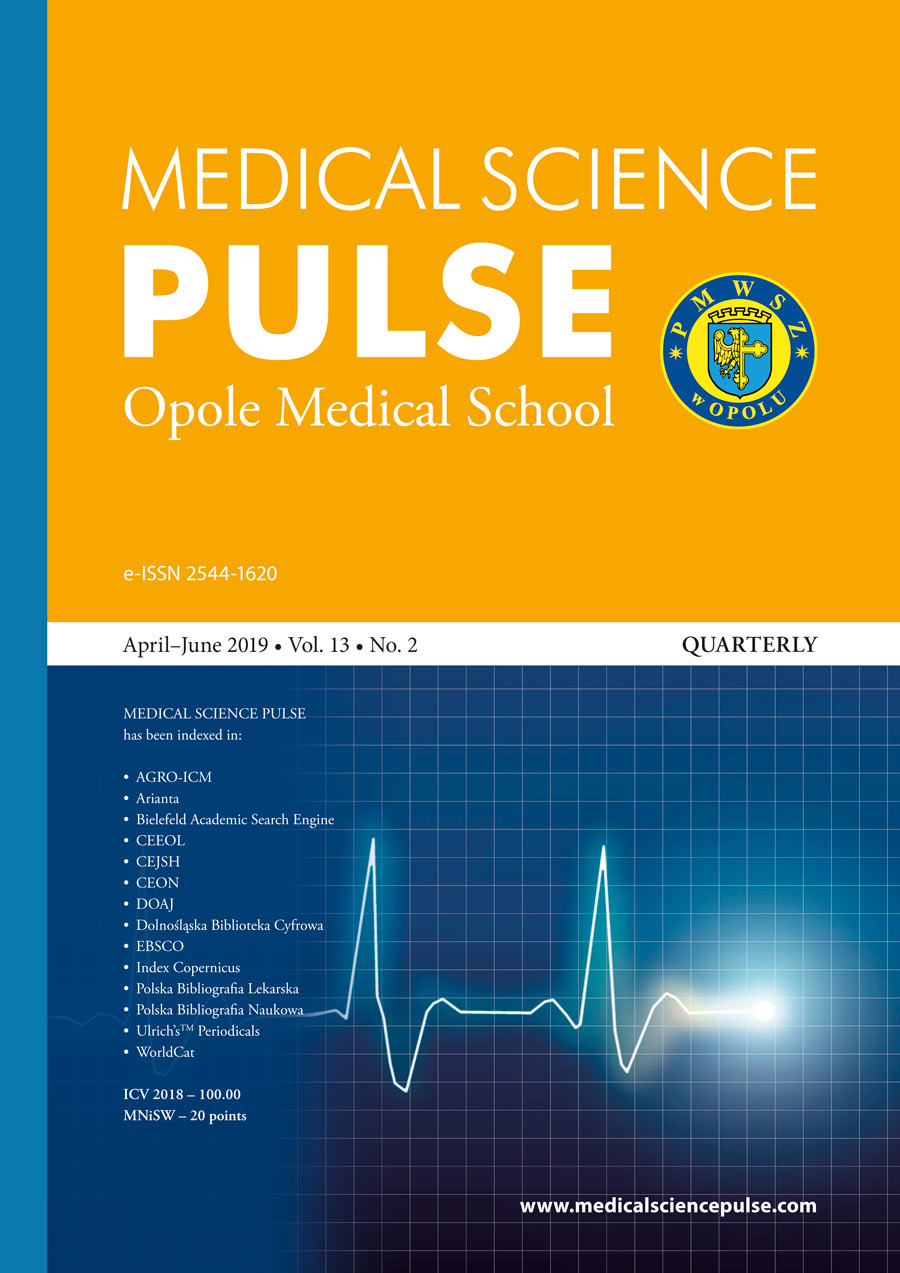Determinants of developing a pilot of coordinated care model for patients with multiple sclerosis in Poland
Determinants of developing a pilot of coordinated care model for patients with multiple sclerosis in Poland
Author(s): Katarzyna Wiktorzak, Sylwia Szafraniec-Buryło, Urszula Jaworska, Melania Brzozowska, Waldemar Wierzba, Andrzej Śliwczyński, Donata KurpasSubject(s): Health and medicine and law
Published by: Państwowa Medyczna Wyższa Szkoła Zawodowa w Opolu
Keywords: multiple sclerosis; coordination; patient satisfaction
Summary/Abstract: Background: Multiple sclerosis is a chronic and highly debilitating disease with very high economic and social consequences. Designing changes to improve the functioning of the healthcare model primarily requires learning about the needs of beneficiaries. Aim of the study: The purpose of our study is the results’ description and summary of conclusions of the research conducted in the past years. These results are currently being used for the construction of a coordinated care model for MS patients. Material and methods: One questionnaire survey addressed to MS patients, carried out between 01.12.2013 and 01.02.2014 and the second one addressed to Polish and European medical professionals, carried out between 01.09.2016 and 04.10.2016 performed in 51 European centers and 2 branches of the Turkish Association of patients with MS. Results: In the first survey 84.4% patients declared that during the illness they received mental support mostly from their family: 48.5% received it from physicians; 42.1% from a nurse. 64.8% of the respondents declared that they received no support from social organizations and 77.6% received no support from religious organizations. According to the results of the survey for healthcare professionals in Poland and Europe, in 54.9% of the European institutions and in 22.4% of the Polish institutions, dedicated IT systems are used for processing MS patients’ data. Among institutions using IT, 52.9% of the European and 10.1% of the Polish ones keep the patient’s entire documentation, as well as a patient satisfaction survey, in an IT system. Conclusions: Based on our studies described above, the patients’ needs, resources and capabilities seem to indicate that the scale of system inefficiencies is such that remodeling care for this well-defined group of patients is justified and feasible.
Journal: Medical Science Pulse
- Issue Year: 13/2019
- Issue No: 2
- Page Range: 11-17
- Page Count: 7
- Language: English

